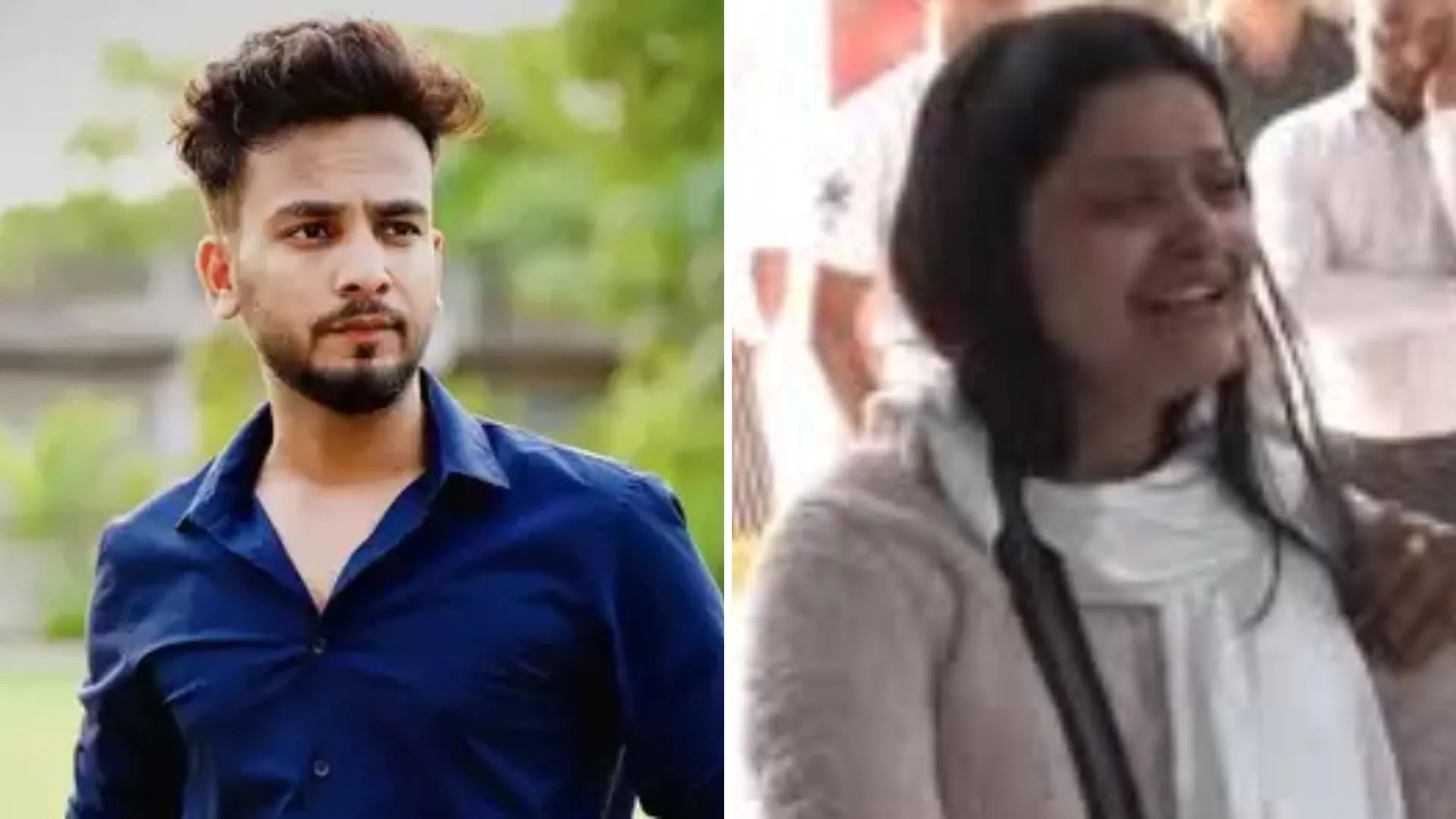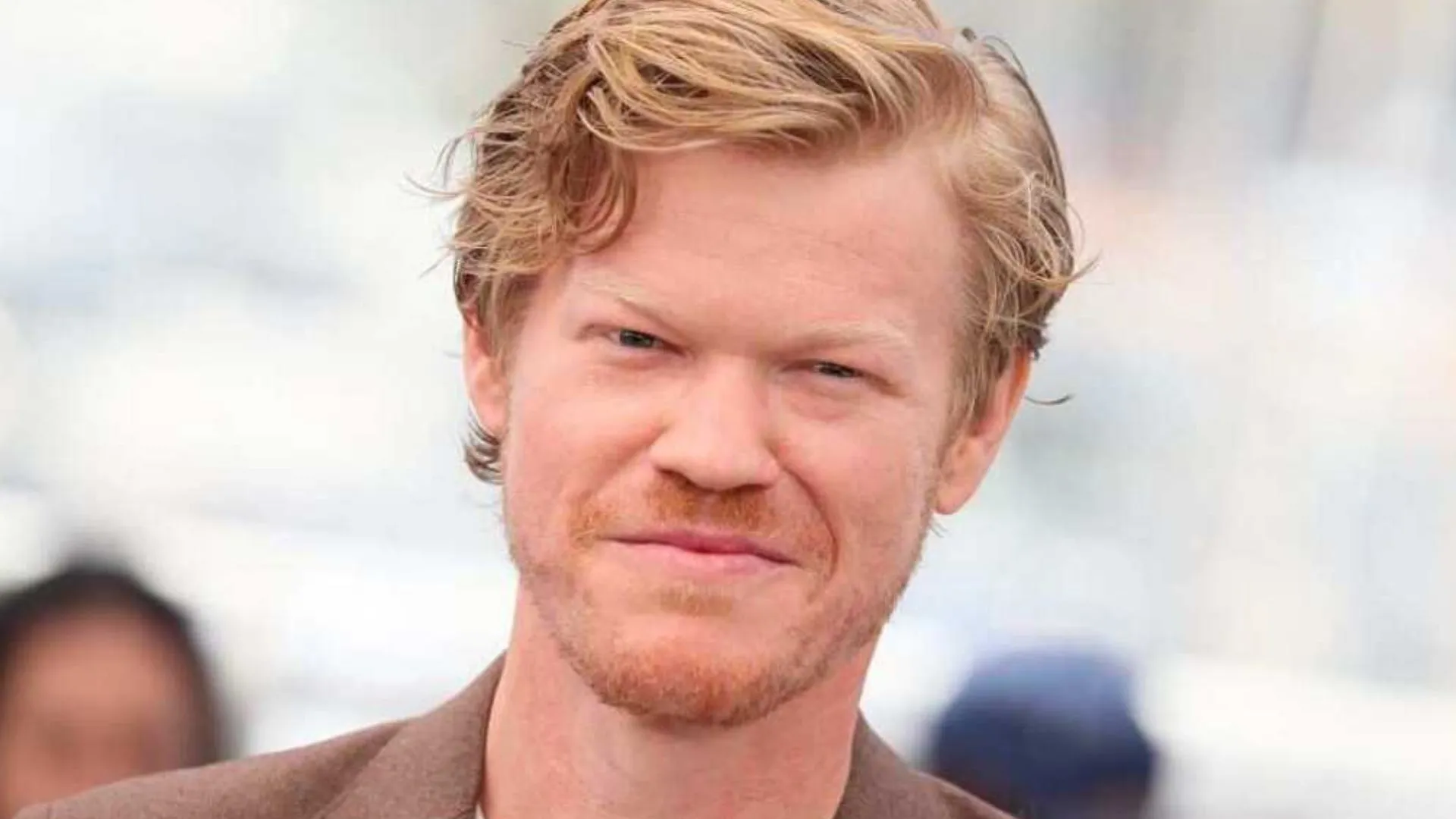Doctors in India are facing significant challenges in diagnosing and treating long Covid due to a lack of comprehensive guidelines, while researchers have noted a shortage of studies on the condition. Following the World Health Organization’s announcement in May 2023 that Covid was no longer a global health emergency, there has been a renewed focus on understanding the prevalence of long Covid.
Long Covid encompasses a range of persistent symptoms—such as cough, muscle and joint pain, fatigue, brain fog, and difficulties with concentration—that can linger long after the initial Covid infection. Studies suggest that about one-third of individuals who experienced moderate to severe Covid infections may develop long Covid, though incidence rates vary by region. A study from Harvard Medical School found that approximately 31% of infected individuals in North America, 44% in Europe, and 51% in Asia experience long Covid, indicating a significant strain on healthcare systems with limited treatment guidelines available.
In India, research on long Covid is scarce. A study by Maulana Azad Medical College found that around 45% of patients recovering from Covid experienced lingering symptoms, particularly fatigue and dry cough. The authors highlighted the need for more exploratory research to understand the long-term outcomes of long Covid.
Dr. Rajesh Sagar from AIIMS in New Delhi emphasized that our understanding of long Covid is still evolving, making it difficult to establish effective diagnostic and treatment protocols. Animesh Samanta, an assistant professor at Shiv Nadar University, pointed out the need for more focused research on neurological complications associated with long Covid.
Doctors are observing an increase in patients presenting with new respiratory issues, including asthma-like symptoms in individuals who previously had no such conditions. Dr. Neetu Jain, who runs a post-Covid care clinic, noted that patients are experiencing chronic cough and shortness of breath. Dr. Arun Garg from Medanta-The Medicity mentioned a rise in stroke cases among young patients without typical risk factors, as well as instances of encephalopathy with unexplained confusion following mild fevers.
In the absence of formal guidelines for diagnosing long Covid, doctors are relying on broad tests and questionnaires to assess patients’ quality of life. Research indicates that the fatigue associated with long Covid resembles that experienced by cancer patients, and the overall quality of life can be comparable to that of individuals with Parkinson’s disease. Dr. Jain explained that while there are no specific tests for diagnosing long Covid, the condition is identified in patients who have not regained their pre-Covid quality of life following moderate to severe infections. Inflammatory markers like C-reactive proteins (CRP) can aid in supporting the diagnosis.
Dr. Garg mentioned the use of antibody tests to identify rare antibodies that emerged post-Covid. The underlying inflammation following recovery from acute Covid is believed to be central to long Covid, yet specific tests for measuring this immune response are lacking. However, researchers are making strides; for instance, Samanta’s team at Shiv Nadar University has developed a fluorescent probe to detect inflammation in brain cells associated with Covid infection by measuring nitric oxide levels in microglia, the brain’s immune cells.
While the probe has shown promise in cell cultures, further animal studies are needed before human trials can commence. According to a review of the World Health Organization’s International Clinical Trials Registry, 587 clinical studies on long Covid have been initiated, with over half (312) testing potential treatments. Most studies were conducted in the US, followed by India and Spain, exploring various interventions including exercise, psychotherapy, and pharmacological treatments. However, only 11 of these studies have published results, none of which were confirmatory.
The research team emphasized the need for further studies on sleep disorders, which have been underrepresented in current research, as well as the necessity for interventions targeting the biological mechanisms responsible for long Covid.
The trials looked at interventions including physical exercise, psychotherapy, and pharmacological ones such as paxlovid and fluvoxamine.
However, “to date, only 11 of these 312 studies have published their results that were not confirmative,” the researchers wrote.
The team called for studies to look into sleep disorders which were rarely included in the registered clinical studies. Further, interventions targeting the biological processes responsible for long Covid are needed but currently lacking, they said.




















